Imagination Station- More Q and A with Marianne Hering
Be sure to leave a comment today to be entered in the giveaway for a drawing of the first 6 books of the series! You can leave a comment each day this week, for a total of 5 entries.
Imagination Station Blog Tour
Q&A with Marianne Hering
5. These books are geared towards young readers, ages 7 and up. What is the number one issue that children learning to read struggle with?
Speed processing. The kids who are slower reading learners usually need more help with sight words and fluency. That’s just practice at an accessible reading level. These are just slower readers in general—I’m not counting kids with true auditory processing issues or other learning disabilities, which represent between 3 and 10 percent. Most kids can learn to read better with one-on-one instruction and a loving atmosphere. I’ve posted reading tips on the website for each book and lists of words to practice before tackling a chapter. SeeTheImaginationStation.com.
6. What kinds of books do you recommend children read?
I don’t only recommend books. There are fabulous magazines out there for this age group. Not all kids like fiction, so magazines draw them in with nonfiction and pictures. There are some good book series out there—I personally give my children the tried-and-true series written years ago, like Beverly Cleary’s Ramona books. My boys enjoyed the Horrible Harry books by Suzy Kline. My daughter was a Gertrude Chandler Warner/Boxcar Children fanatic. Parents can ask librarians to recommend books. One of my sons loves anything about animals in the nonfiction section—I don’t make him read fiction unless it’s for school. I do have to review their books first, and that can take a lot of time, but it’s worth it.
7. What are some ways that parents can help their children develop their reading skills?
(Get their vision checked for not only vision but for tracking issues as well.) Turn off the electronics and make reading a fun time. You can read to them or they can read to you. Make reading an event. Your kids will complain for about two weeks while the electronic addiction wears off. Then they will be better able to engage in literary pursuits. For free reading, let your kids read “easy” books. Don’t judge. If they want to read Hop on Pop twenty times, that means that’s where they are comfortable. If you push your kids beyond what they perceive to be the right level, they will rebel. Better a lot of fluent reading at an easy level than choppy reading at a higher level. Reading with starts and stops is a bad habit to let them get into.
8. What encouragement can you offer parents who may have reluctant or struggling readers?
I can encourage parents by letting them know that there are GREAT reading programs for kids. Most kids, 60 percent, need extra help at home to make it to the fourth grade reading level. That extra help can come from parents who gently and lovingly make reading a family hobby. There is no lack of teaching material, and your school districts should be able to help you find the right tools. The biggest factor in children’s success at school is a loving parent who takes the time to work with their children. One of my sons could not learn to sound out letters quickly enough to “hear” the word. I couldn’t help him, and so I hired a reading specialist who was more of a cognitive trainer and we worked through his auditory glitch. There are some terms to search “phonemic” awareness and “phonograms” that will help parents read more about how to help emergent readers. When the kids know how to sound out words, speed training on sight words can jump start their reading fluency. On the website, TheImaginationStation.com, I’ve prepared this long essay on how use a metronome to speed up your child’s reaction time to sight words. It’s under the book The Attack at the Arena. Don’t give up. Virtually every kid can learn to read well enough to go to college if his or her parent(s) invest in them.
Join us tomorrow as we find out what the future holds for the Imagnination Station book series!
If you’d like to order the books, please use my referral link to Barnes and Noble. Thanks!

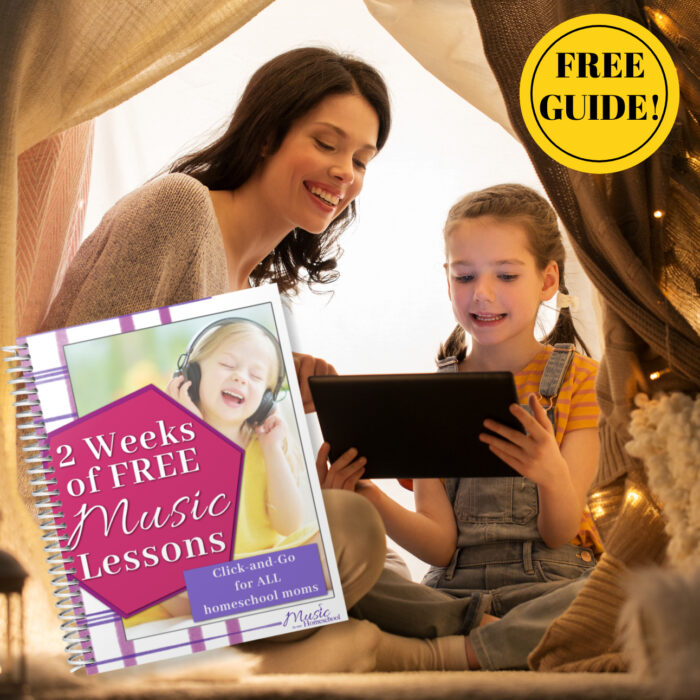

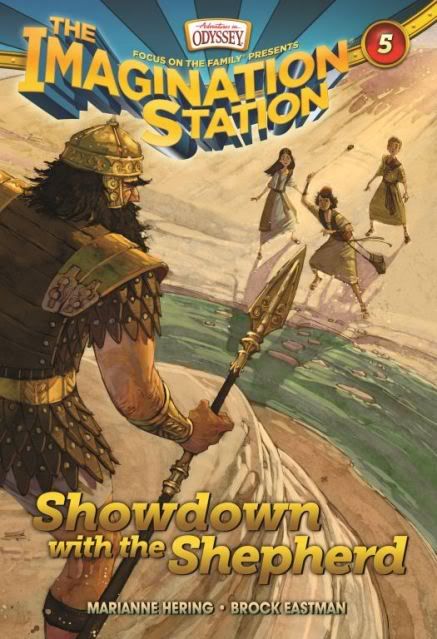
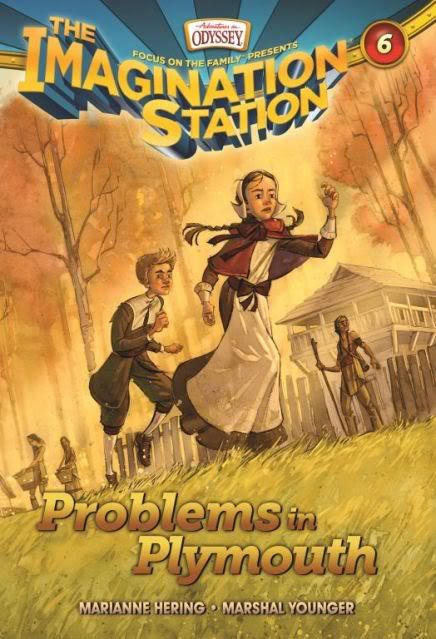

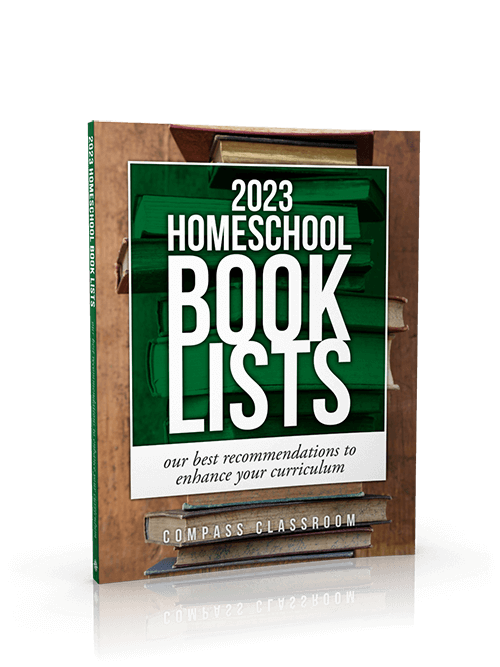

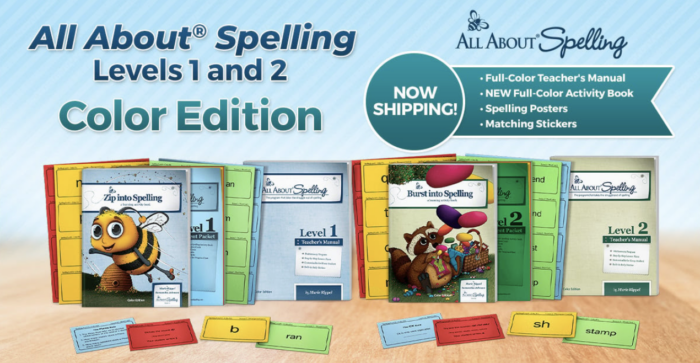
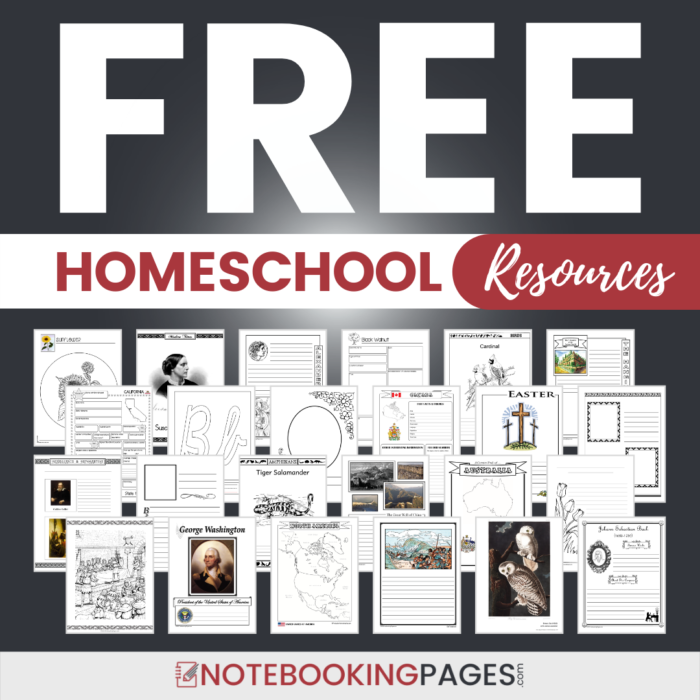

I love that she is all for letting your child be who he or she is at with their reading level and to just encourage them to read. Love it! Thanks for the chance to win this books. My twins will be 7 next year and I think that they would love these books.
pick me, pick me!!!
LOVE these books! 🙂
Not sure if I commented in the right place… I would really love to win these as a gift for my son. He loves this type of books!
I would love to gave these for my kiddos!! Pick me!!! Pick me!! 🙂
Oh my goodness! So excited about these books! I just found out about them!! We would love to win!